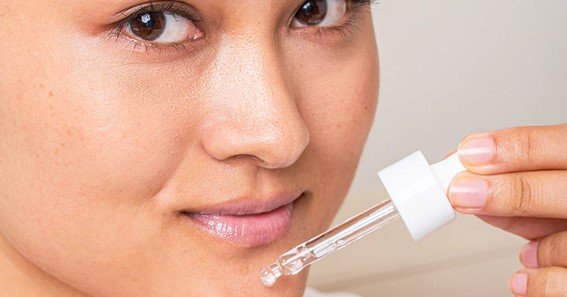If you’ve struggled with acne, you may have come across vitamin A as a potential solution. But is vitamin A good for acne? With its cell-renewing properties, vitamin A is often recommended for acne-prone skin and is used in many skincare products aimed at clearing breakouts. This article will explore vitamin A benefits for acne, how it works on the skin, and the best ways to use it effectively in your skincare routine.
Understanding Vitamin A and Acne Treatment
Vitamin A is a powerful nutrient that promotes healthy skin by boosting cell turnover and reducing inflammation. These properties make it highly effective in managing acne. For those with acne-prone skin, using vitamin A can help prevent clogged pores, a common cause of breakouts. Many people turn to vitamin A-based products, such as retinol and retinoids, for vitamin A acne treatment due to their proven effectiveness.
Key Benefits of Vitamin A for Acne
So, is vitamin A good for acne? Yes, here are some of the primary vitamin A benefits for acne:
- Prevents Clogged Pores: Vitamin A helps remove dead skin cells, preventing pores from becoming clogged, which is one of the main causes of acne.
- Reduces Inflammation: Vitamin A has anti-inflammatory properties that can help soothe acne-related redness and irritation.
- Controls Oil Production: One of the lesser-known benefits of vitamin A for oily skin is its ability to regulate sebum production, making it helpful for those with oily and acne-prone skin.
- Fades Acne Scars: Vitamin A for reducing acne scars is another benefit, as it promotes faster skin regeneration, helping to fade acne marks over time.
Effects of Vitamin A on Acne: What to Expect
When starting with vitamin A, it’s essential to understand the effects of vitamin A on acne. Initially, you may experience some dryness or mild peeling, especially if you’re using products like retinol or retinoids. These effects are normal as your skin adjusts to increased cell turnover. Over time, regular use of vitamin A can lead to a clearer, more even skin tone.
Retinol vs. Vitamin A for Acne: Which is Better?
Many people wonder about the difference between retinol vs. vitamin A for acne. Retinol is a form of vitamin A commonly used in over-the-counter acne treatments, while stronger retinoids, available by prescription, are more potent. Retinol is a good starting point for beginners and offers gradual improvements, while retinoids work faster and are often used for severe acne.
Recommended Vitamin A Dosage for Acne Treatment
The right vitamin A dosage for acne treatment depends on your skin type and sensitivity. When using topical products, start with a low concentration, such as 0.25% retinol, and increase slowly. For those considering oral vitamin A supplements, it’s crucial to consult a healthcare provider to avoid excessive intake, as too much vitamin A can be toxic.
FAQ
1. Can vitamin A help reduce acne scars?
Yes, vitamin A can help fade acne scars by promoting skin cell turnover, which encourages the skin to shed old cells and generate new ones.
2. Is vitamin A good for oily skin?
Vitamin A is beneficial for oily skin as it helps control excess oil production, reducing the chances of clogged pores and breakouts.
3. How often should I use vitamin A for acne?
Start with a few times a week and gradually build up to daily use, depending on your skin’s tolerance. Overuse can lead to irritation, so take it slow.
4. Which is better for acne: retinol or prescription retinoids?
Retinol is effective for mild to moderate acne, while prescription retinoids are better suited for severe or persistent acne. Consult with a dermatologist for personalized advice.
5. Can vitamin A worsen acne at first?
Some people experience an initial “purge” period where breakouts temporarily worsen. This usually subsides as your skin adjusts to the vitamin A treatment.
Final Thoughts
So, is vitamin A good for acne? Absolutely! With its ability to reduce breakouts, control oil, and fade scars, vitamin A is a highly effective ingredient for those struggling with acne. Whether you’re using over-the-counter retinol or prescription retinoids, adding vitamin A to your skincare routine can lead to clearer, healthier skin. Just remember to start slowly and consult a dermatologist if you’re new to vitamin A treatments.










